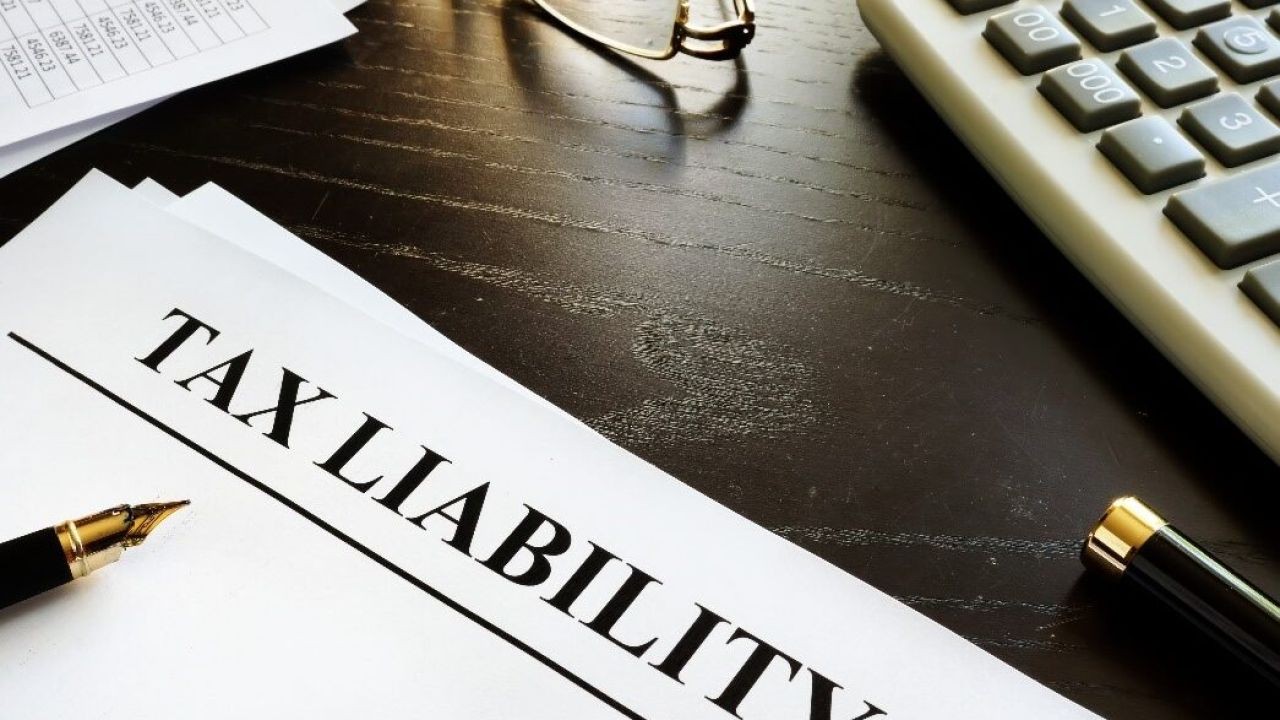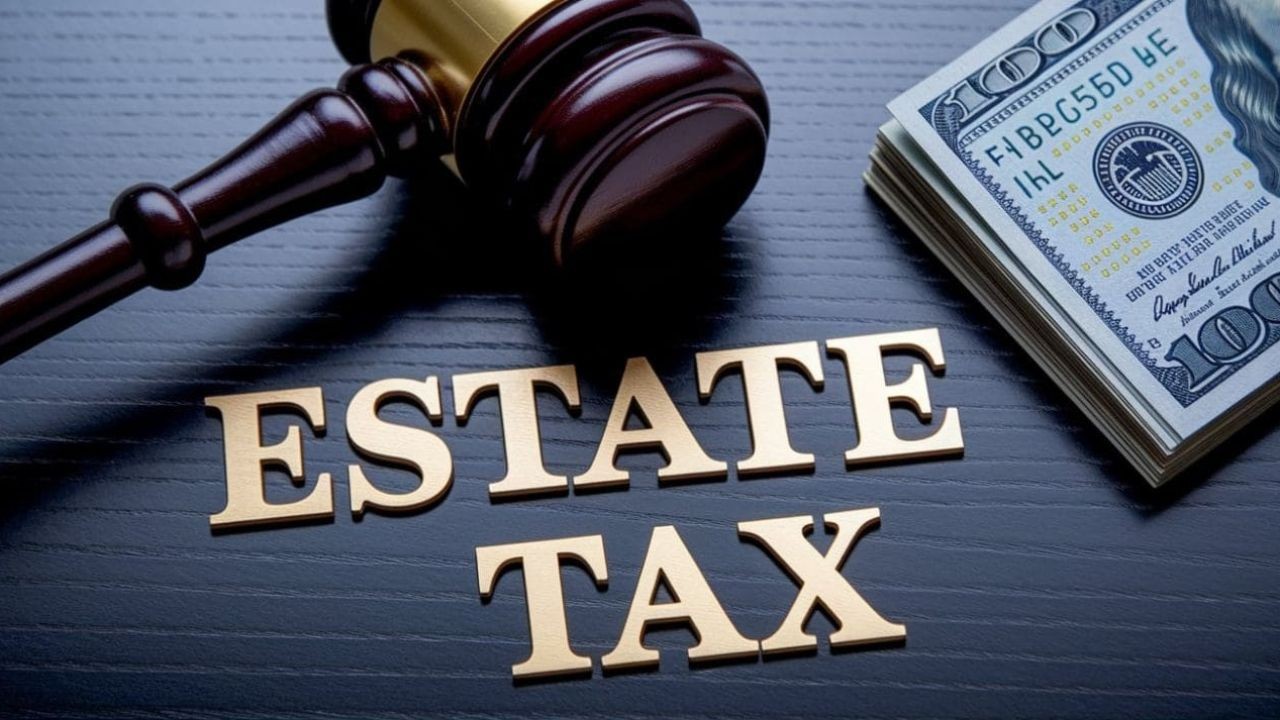In the realm of global education, New Zealand's system often garners attention for its unique blend of cultural respect, innovation, and quality. But how does it compare internationally? The answer is multifaceted, intertwining with economic strategies that could influence the future of New Zealand’s workforce and industries.
🔍 The New Zealand Education System: A Snapshot
New Zealand's education system is known for its high quality and progressive approach. The country ranks well in literacy, mathematics, and science, as reflected by international assessments like PISA (Programme for International Student Assessment). However, what sets New Zealand apart is its emphasis on holistic education, focusing on the all-round development of students.
📚 How New Zealand’s Education System Supports the Economy
Education plays a pivotal role in shaping the future workforce, and New Zealand is no exception. According to Stats NZ, the education sector contributes significantly to the economy, accounting for approximately 6% of the GDP. The sector not only enhances skill development but also attracts international students, boosting local businesses and cultural exchange.
🔍 Global Comparisons: Where Does New Zealand Stand?
Looking globally, New Zealand's education system fares well against several key metrics but faces challenges too. For instance, while New Zealand boasts high educational attainment and student satisfaction, it lags behind countries like Finland and Singapore in standardized test scores.
Case Study: Finland vs. New Zealand
In Finland, education is renowned for its student-centered approach and minimal standardized testing. Finnish students consistently outperform their peers in international assessments. In comparison, New Zealand focuses on cultural integration and creativity but struggles with disparities in educational outcomes, particularly among indigenous Maori and Pasifika students.
🔍 Strengths and Opportunities for Growth
New Zealand's education system is lauded for its inclusivity and emphasis on critical thinking. The integration of Maori culture into the curriculum is a testament to its commitment to diversity. However, challenges such as educational inequality and resource allocation need addressing to fully realize its potential.
📊 Data-Driven Insights: Educational Equity
A study by the Ministry of Education highlights that students from lower socioeconomic backgrounds often face barriers to achieving educational success. To bridge this gap, targeted policies and investment in teacher training can enhance educational equity, ensuring all students have access to quality education.
🔍 Future Trends: Education and Economic Strategy
The future of New Zealand’s education system is intertwined with its economic strategy. As the country aims to transition into a knowledge-based economy, fostering innovation and digital literacy will be crucial. The Reserve Bank of NZ emphasizes the need for a skilled workforce to sustain economic growth.
Pros vs. Cons of New Zealand's Educational Approach
✅ Higher Inclusivity: Embracing cultural diversity enhances societal cohesion. ❌ Resource Constraints: Limited resources can impede educational advancements. ✅ Innovative curriculum: Focus on creativity and problem-solving skills. ❌ Educational Disparity: Socioeconomic status affects educational outcomes. ✅ Global Attractiveness: Strong international student presence boosts the economy. ❌ Standardized Testing: May not fully capture student potential.
🔍 Debunking Myths and Misconceptions
**Myth:** New Zealand's education system is inferior due to lower test scores. **Reality:** While standardized test scores provide insights, they don't encompass the holistic educational approach that New Zealand excels in.
**Myth:** All New Zealand schools are equally funded. **Reality:** Funding disparities exist, impacting resource availability and educational quality in some areas.
🔍 Actionable Insights for Economic Strategists
For economic strategists, understanding the nuances of New Zealand's education system is crucial for long-term planning. Aligning educational outcomes with industry needs, particularly in tech and innovation, can ensure a robust future workforce.
Key Takeaways
- Investment in Education: Prioritize funding to address disparities and enhance resource allocation.
- Cultural Integration: Continue integrating indigenous perspectives to foster inclusivity.
- Industry Collaboration: Strengthen partnerships between educational institutions and industries to align curriculum with market needs.
- Focus on Innovation: Enhance digital literacy and critical thinking to prepare students for future challenges.
🔮 Future Predictions
By 2030, New Zealand aims to be a leading knowledge-based economy. This shift will necessitate a focus on STEM education and innovation. According to a report by the Ministry of Business, Innovation and Employment (MBIE), fostering digital competencies will be key to maintaining economic resilience.
Conclusion
New Zealand’s education system, with its strengths and challenges, plays a critical role in shaping the country’s economic future. By prioritizing inclusivity, innovation, and industry collaboration, New Zealand can ensure a sustainable and prosperous future. What are your thoughts on the role of education in economic strategy? Share your insights below!
Related Search Queries
- New Zealand education system vs. Finland
- Economic impact of education in New Zealand
- Future of education in New Zealand
- Educational equity in New Zealand
- Global education rankings 2023


































ThorstenFi
8 months ago